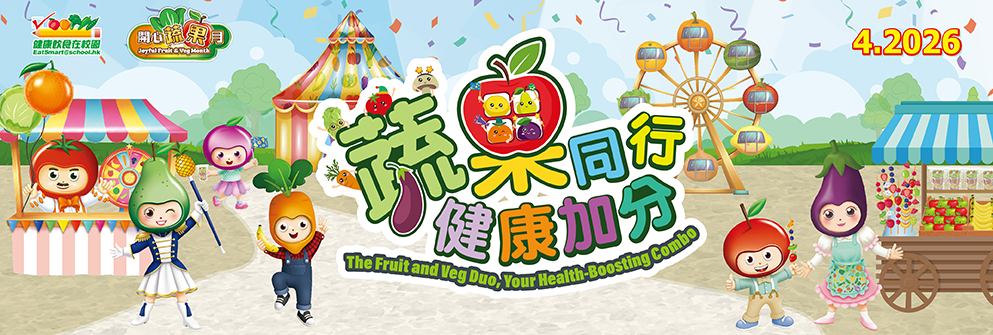Honeydew melon / Hami melon (Cantaloupe)
|
Major Growing Areas
Honeydew melons are grown in countries such as the United States, Italy, Israel, Japan and South Africa, etc.
Hami melons (Cantaloupes) are widely grown in Xinjiang of China.
Varieties
Both honeydew melons and Hami melons are thick-skinned types of muskmelon, but there is a slight difference in classification of varieties.
Honeydew melons: Chinese varieties include Bailan melons and Zui melons from Lanzhou of Gansu province, which are different from the European varieties.
Hami melons (Cantaloupes): Hami melons of Xinjiang in China.
Nutritional Values
Honeydew melons contain vitamin B complex, vitamin C and potassium, etc.
|
| Per 100 g (Approx. ½ bowl of diced honeydew melon) |
| Energy |
36 kcal |
| Sugar |
8.1 g |
| Dietary Fibre |
0.8 g |
| Vitamin C |
18.0 mg |
| Potassium |
228 mg |
Hami melons are especially rich in β-carotene.
| Per 100 g (Approx. ½ bowl of diced Hami melon) |
| Energy |
34 kcal |
| Sugar |
7.9 g |
| Dietary Fibre |
0.9 g |
| β- Carotene |
2020 μg |
| Vitamin C |
36.7 mg |
| Potassium |
267 mg |
Buying Tips
When buying a honeydew melon / Hami melon, it is advisable to see whether its rind colours, patterns, stripes and netting are clearly visible, whether its pedicel has softened, and whether it has a pleasant aroma.
One Serving of Fruit is Approximately Equivalent to:
½ bowl of diced honeydew melon or Hami melon
Remark: One bowl = 250 – 300 ml
|
|
|
|
|

